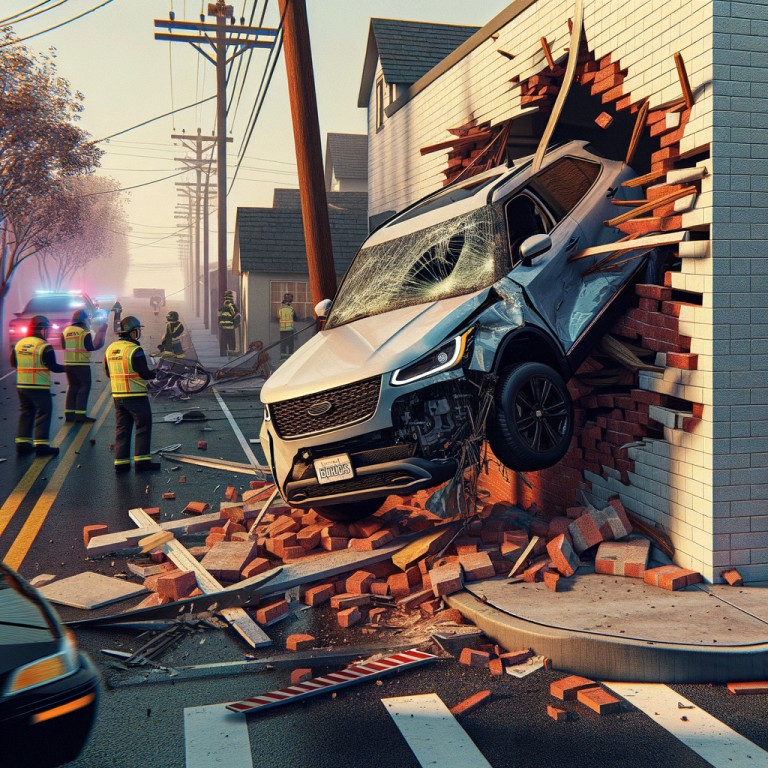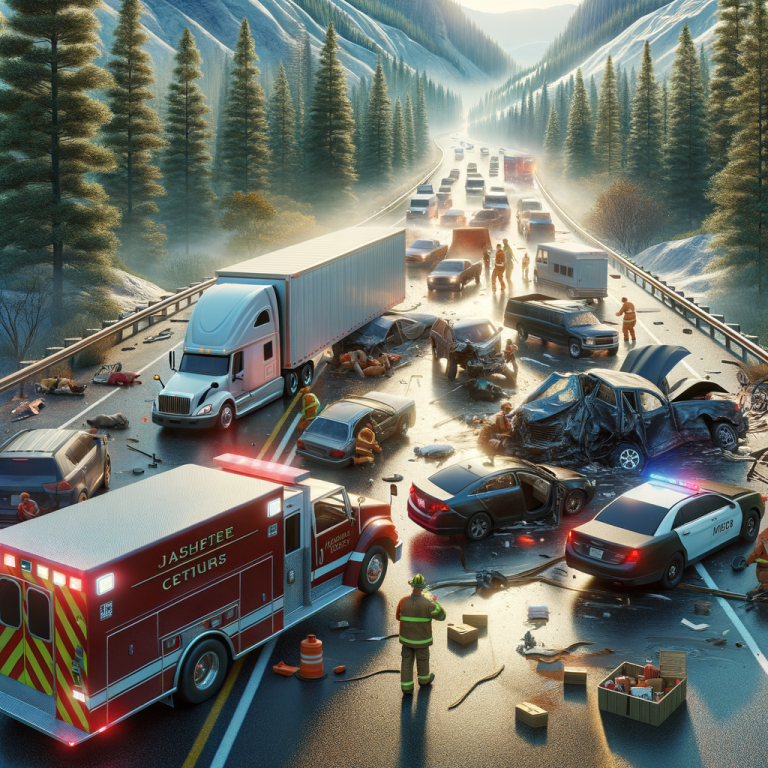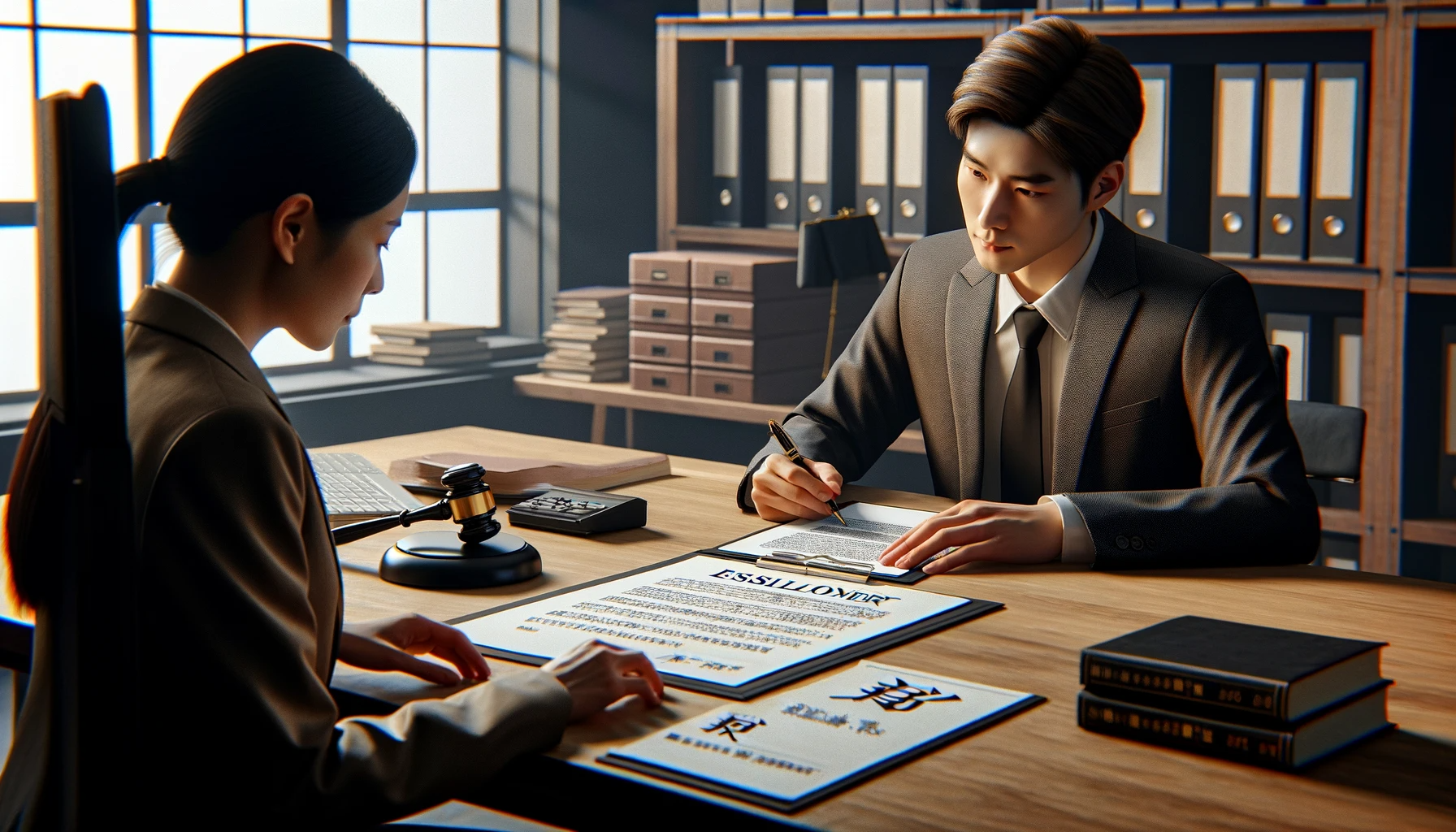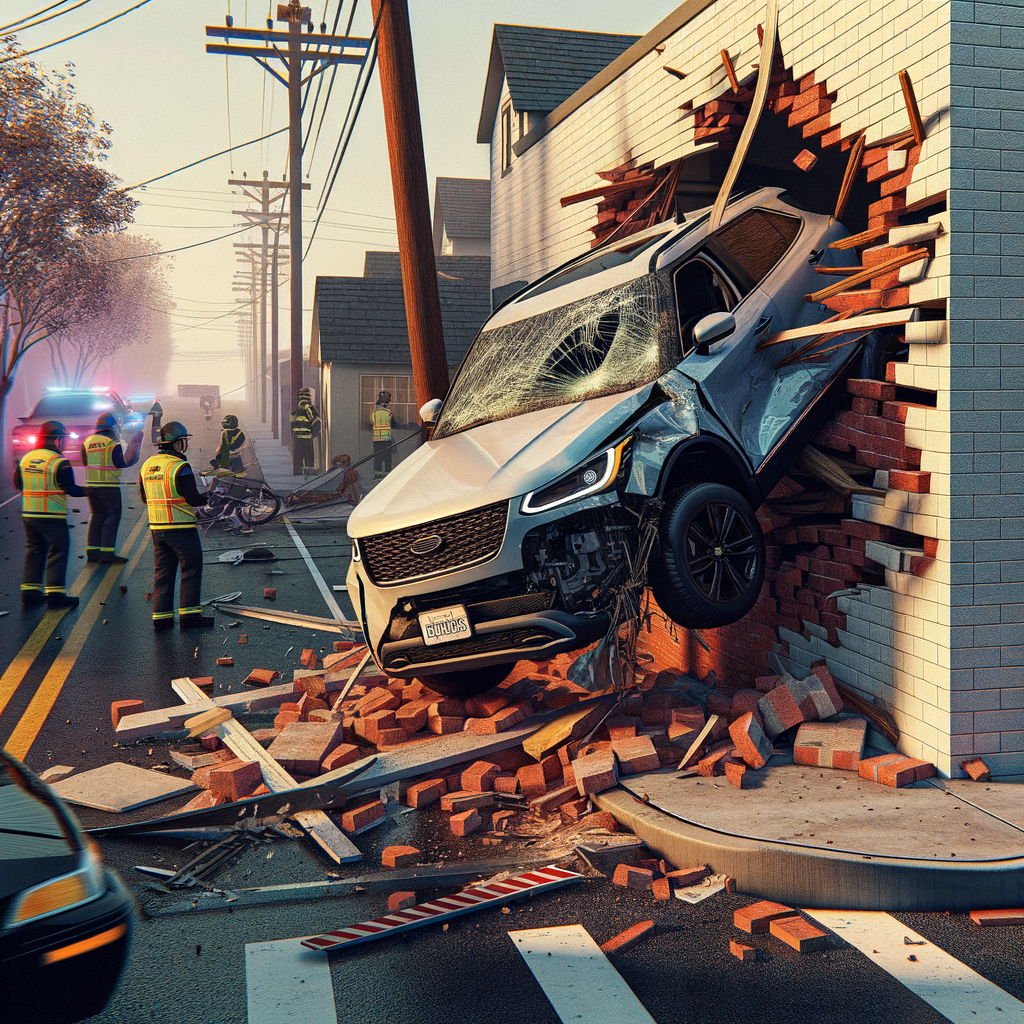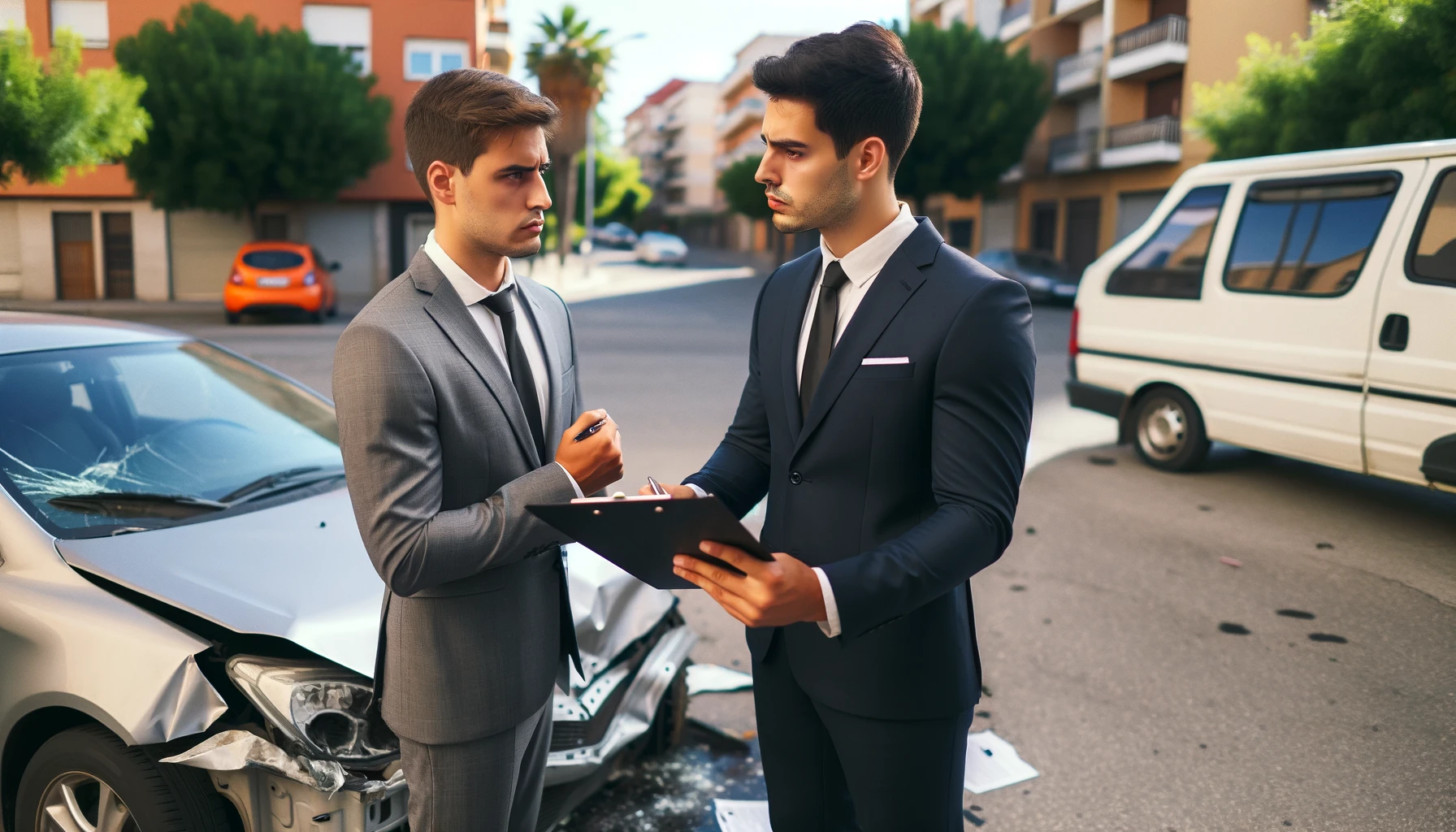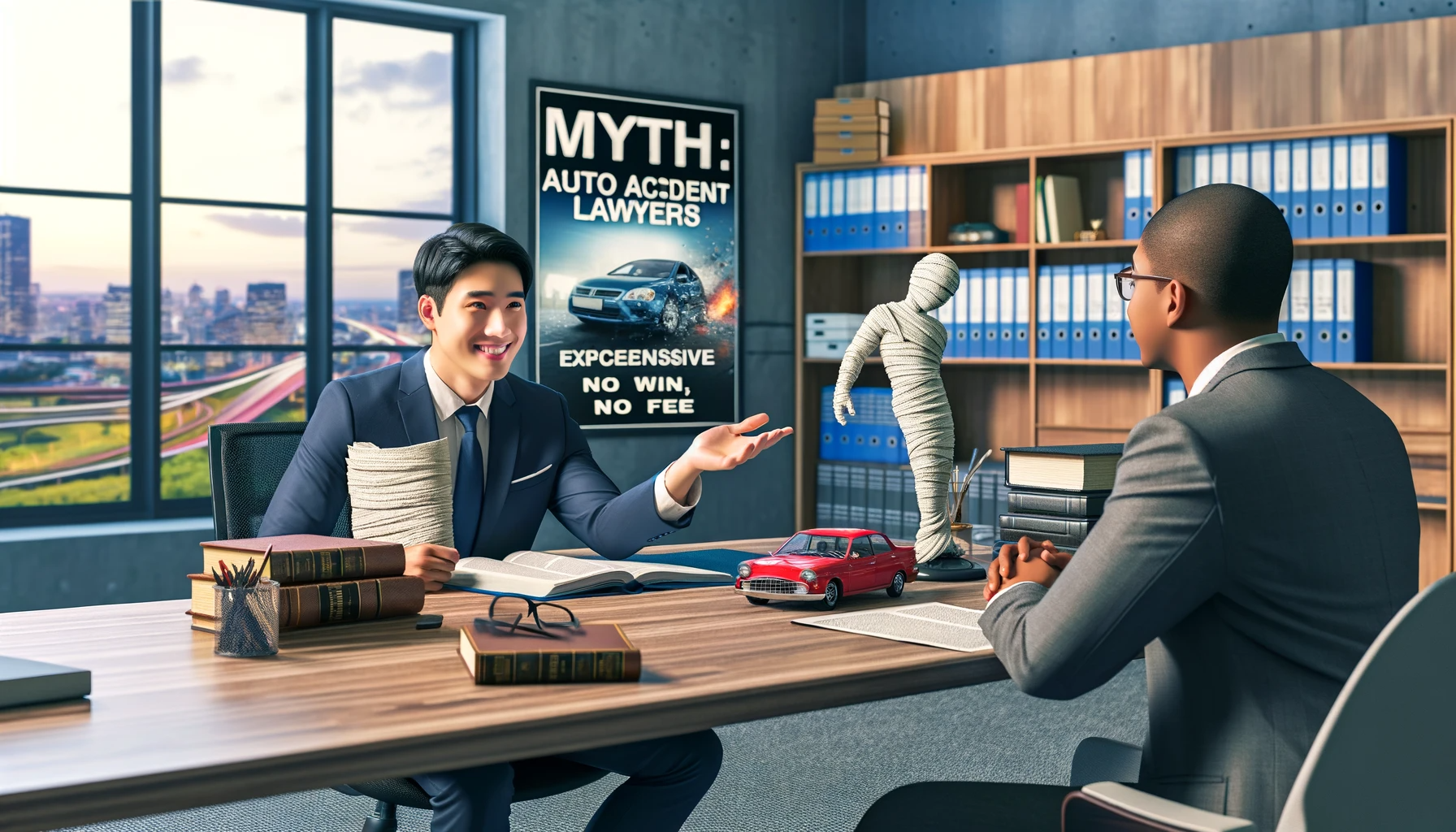Introduction to Rideshare Car Accidents and Legal Resources
Rideshare services like Uber are convenient for getting around, but what happens when you’re involved in an accident while using one? Car accidents can be confusing, especially when you’re young, but understanding the basic legal resources and how to negotiate a payment agreement can be helpful. In this guide, we’ll break things down so even a 7th grader can grasp the essentials, from knowing your rights as a passenger to navigating insurance claims.
What Happens After a Rideshare Car Accident?
If you're in an Uber and an accident occurs, the first thing to do is ensure everyone's safety. Once you’re safe, make sure to document the accident. This means taking pictures of the scene, getting the driver’s contact information, and noting any details about what happened. This step is crucial because it can help when negotiating any payment agreements later on.
Understanding Responsibility in an Uber Car Accident
Car accidents often come down to determining who is responsible, also known as liability. In a rideshare accident, this could be the Uber driver, another driver on the road, or even the company itself, depending on the circumstances. One of the benefits of Uber is that it has its own insurance policies to cover accidents, but these policies only come into play under specific conditions.
The Role of Insurance Companies
When an accident happens, insurance companies step in to figure out who pays for the damages. Uber has a specific policy that covers drivers while they’re using the app. For instance, if the driver is actively transporting passengers, Uber’s insurance can cover up to $1 million in damages. But it gets more complicated if the driver wasn’t logged into the app at the time of the accident, in which case their personal insurance might be responsible.

What Is a Payment Agreement?
A payment agreement is a formal document that outlines how one party will pay another for damages or injuries. These agreements can be made after an accident to ensure that the person affected gets compensation. Negotiating a payment agreement is an important part of resolving the financial aspects of an accident without having to go to court.
Types of Payment Agreements
There are two common types of payment agreements: lump-sum payments and structured payment plans. A lump-sum payment is when the entire amount is paid all at once, while a structured payment plan splits the payments over time. Which type you negotiate depends on your situation. For example, if someone is injured, they might need a structured payment plan to cover ongoing medical expenses.
How to Negotiate a Payment Agreement
When negotiating a payment agreement, it’s important to be organized and clear about what you need. Here are a few steps you can take:
- Document Everything: Keep all records of the accident, including medical bills, repair costs, and any other related expenses.
- Communicate Clearly: Whether you’re speaking with the insurance company or a lawyer, make sure your points are clear and concise.
- Know What You’re Entitled To: Be aware of the compensation you can claim, including medical bills, lost wages, and emotional distress.
- Consider Getting Legal Help: Sometimes, having a lawyer negotiate on your behalf can result in a better deal.
Key Legal Terms to Know
Understanding legal terms can be tricky, but here are a few important ones that will come in handy:
- Liability: Who is legally responsible for the accident.
- Compensation: Money paid to cover damages or injuries.
- Settlement: An agreement reached between two parties without going to court.
- Deductible: The amount you pay before the insurance company covers the rest.
How Lawyers Can Help
Sometimes, negotiating an agreement on your own can be overwhelming. That’s where personal injury lawyers come in. They specialize in helping people involved in
car accidents get the compensation they deserve. Lawyers can handle the complicated conversations with insurance companies and ensure that all legal documents are properly filed.
Legal Resources for 7th Graders
Even as a young student, it’s good to be aware of your rights. There are many kid-friendly legal resources online that explain the laws around
car accidents and
personal injury. Websites like KidsLaw and LawForKids break down complex topics into simpler language so you can understand what’s happening if you’re involved in a legal situation.
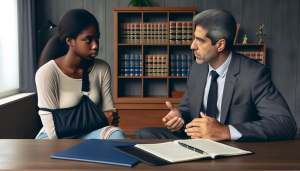
What If You’re a Passenger?
As a passenger in an Uber, you have certain rights if you’re in an accident. You’re entitled to seek compensation for any injuries or damages, and Uber’s insurance can cover your medical expenses. If the accident wasn’t your fault, you don’t have to worry about the cost of repairs or medical bills—that’s what insurance is for.
Tips for Staying Safe in a Rideshare
Ridesharing can be safe, but it’s important to follow a few guidelines:
- Always wear your seatbelt.
- Check the driver’s name and license plate before getting in.
- Share your trip details with a parent or guardian.
- If you ever feel uncomfortable, don’t hesitate to speak up.
What Happens if You Can’t Reach an Agreement?
If you can’t come to a payment agreement with the insurance company or the driver, there are still options. You can consider mediation or arbitration, which are less formal ways to resolve disputes without going to court. In mediation, a neutral third party helps both sides reach a compromise.
What Is Mediation?
Mediation is a process where a mediator helps two sides in a conflict reach an agreement. It’s like having a referee who makes sure both parties talk and try to solve the problem in a fair way. Mediation is often used when insurance companies and accident victims can’t agree on how much money should be paid out.
Conclusion
Understanding how to negotiate a payment agreement after a rideshare accident can be confusing, but it doesn’t have to be. Knowing your rights, documenting everything, and considering legal help are all important steps. Whether you’re a passenger or driver, being informed can help make the process easier and less stressful.
Look for an attorney who has the right legal resources for your legal needs.
Contact us here on the
Warmuth Law website or through our hotline 888-517-9888.
Frequently Asked Questions (FAQ's)
1. What should I do if I’m in an Uber accident?
First, ensure your safety, then document the accident by taking photos and gathering information from the driver. Contact the police if necessary.
2. Who pays for damages in a rideshare accident?
Uber’s insurance covers damages if the driver is logged into the app and transporting passengers. Otherwise, the driver’s personal insurance may apply.
3. How do I find a lawyer for rideshare accidents?
Look for
personal injury lawyers who specialize in rideshare accidents. Many offer free consultations to see if they can help.
4. Can a minor get involved in a legal case?
Yes, minors can be part of legal cases, but they’ll usually need a parent or guardian to represent their interests.
5. What are my rights as a passenger in Uber?
As a passenger, you’re entitled to safety and can claim compensation for any injuries sustained in an accident.





